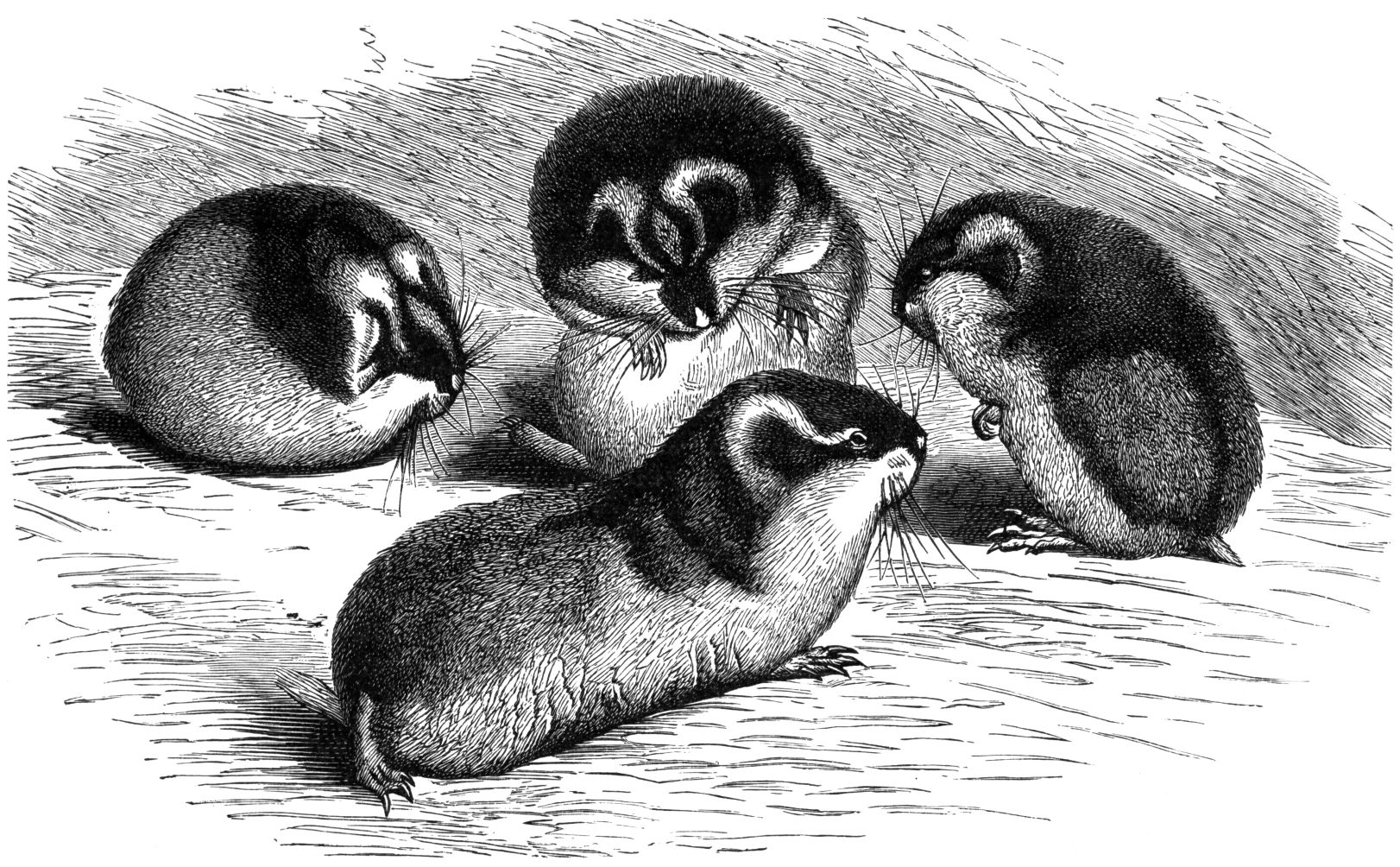The involuntary celibate community (aka ‘incels’) are often thought to be rightwing, white supremacist, and prone to violence. But how much of that is true?
Ash Sarkar is joined by William Costello - a researcher whose work focuses on the psychology of incels - to discuss what we get wrong about incels, what incels get wrong about women, and the catastrophe that is modern dating culture.
Inceldom is an important topic for this community… but I don’t want to watch random YouTube videos
If it’s an important topic, this is a relevant video.
Relevant video that you never get to watch isn’t very useful. I’d like to see some text content as well.
I actually listened to it as a podcast: https://overcast.fm/+B6dehbs4I. I didn’t produce this video so cannot provide a transcript.
I’m being downvoted for trying to be helpful? I don’t understand this community’s ratioing.
Did I do something wrong by posting this video?
People here are seriously not a fan of videos 🤷♀️ . Don’t take it personally it pretty much always goes like this.
As mod however I very much appreciate your posting.
Thanks a lot for explaining. I was excited to post this here so I’m glad it was the form and not the content that was the issue.
This is a very thoughtful discussion of “incels” and the unique challenges men face today.
It addresses male loneliness and the colossal changes in society—in terms of economics and sexuality—that have greatly affected men over the last few generations.
It also highlights many of the ways in which incel identity is misunderstood, presenting the phenomenon in a wider context—allowing space for greater understanding and empathy.



